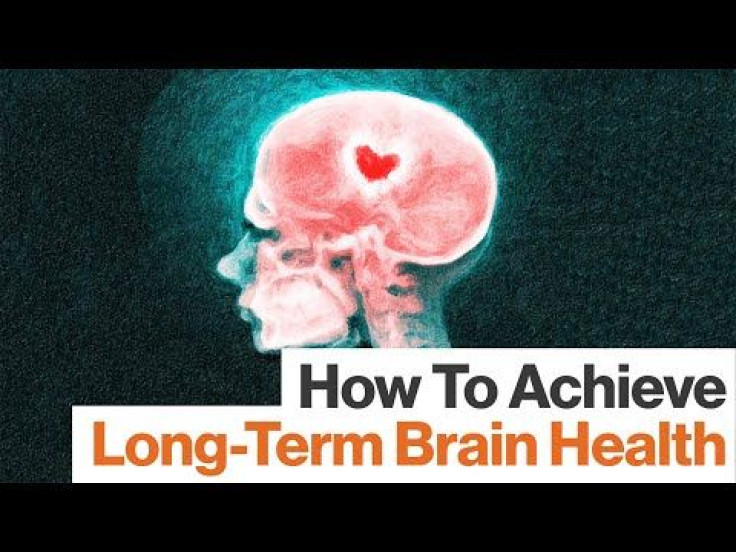Peace Of Mind: Balancing A Social Life With Downtime Boosts Brain Health, Reduces Mental Stress

Our brains are constantly in the "on" position, even when we’d rather not be thinking. Our thoughts include ever-longer to-do lists packed with deadlines, meetings, and appointments, until our brain cries out for a mental break. Although we may not see resting, relaxing, and daydreaming as essential to productivity, having downtime and an active social life can boost our brain health.
In Big Think's latest video, “Optimize Brain Health by Balancing Social Life with Downtime,” Dr. David Agus, physician and bestselling author of The Lucky Years: How to Thrive in the Brave New World of Health, explains that the brain is responsible for us being mindful and for how we get along with others.
Most of us turn to our circle of friends when we're not overwhelmed by work. Humans are social by design and thrive off interaction with others, according to Agus. For example, if we take a mouse and place it alone away from other mice, it develops more immune problems, gets more disease, and takes longer to get over infections. However, when you integrate it back into its social circle, it feels better quickly — the same is applied to humans.
"We were designed to be social. And so people who are loners that spend all their day alone where there's no touch and no other human interactions don't do well," says Agus, in the video.
Social interactions are a stimulating activity that keeps the brain healthy. Previous research has found it involves many behaviors that require memory, attention, and control, processes that are also involved in many cognitive tasks. Therefore, social interaction acts as a primer for these processes, so when they're ready to be used in a work environment they are refined.
Agus reminds us we need to create a balance between our social life and downtime. We all need time to be alone, to be still, and be silent. It helps us unplug and recharge our brain, allowing us to let what happened during the day sink in. For example, if a child is at school and they study and study without any downtime, they're not going to remember as much compared to if they had downtime at the end of the day.
Downtime can be done anywhere. Agus chooses to turn off his electronic devices and listen to some classic rock on his drive home, and it actually works. However, he does warn the brain needs quiet, too.
We all respond to stress differently, so it's best to measure stress in ourselves and figure out the best way to unwind. Agus knows when his shoulders go up, he's in the "yellow zone" of stress, so when he starts to get a bit of stress, he figures out a way to go back to "green,” or less stress. Simple ways to reduce levels of stress may range from playing with the dog to taking a walk in nature.
Balancing a social life and downtime will help preserve brain power and keep us at ease even in the most stressful life situations.
We just have to find the approach that is right for us.



























